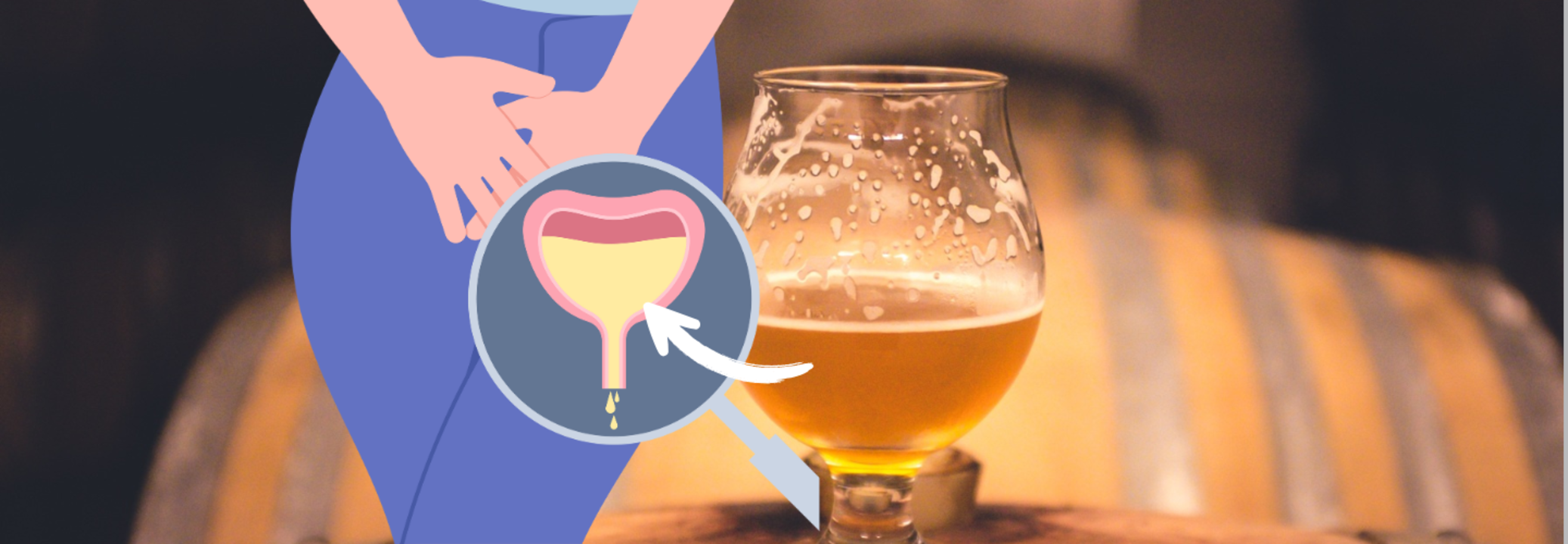This Woman Could Not Stay Sober Without Drinking- Until Doctors Found Her Bladder Was Brewing Its Own Alcohol

Image Credit: Health and me
SummaryAuto-Brewery Syndrome (ABS) is a rare condition where gut microbes ferment carbohydrates into alcohol, causing intoxication without drinking. It can lead to misdiagnosed alcohol abuse and severe legal or health consequences.
End of Article
